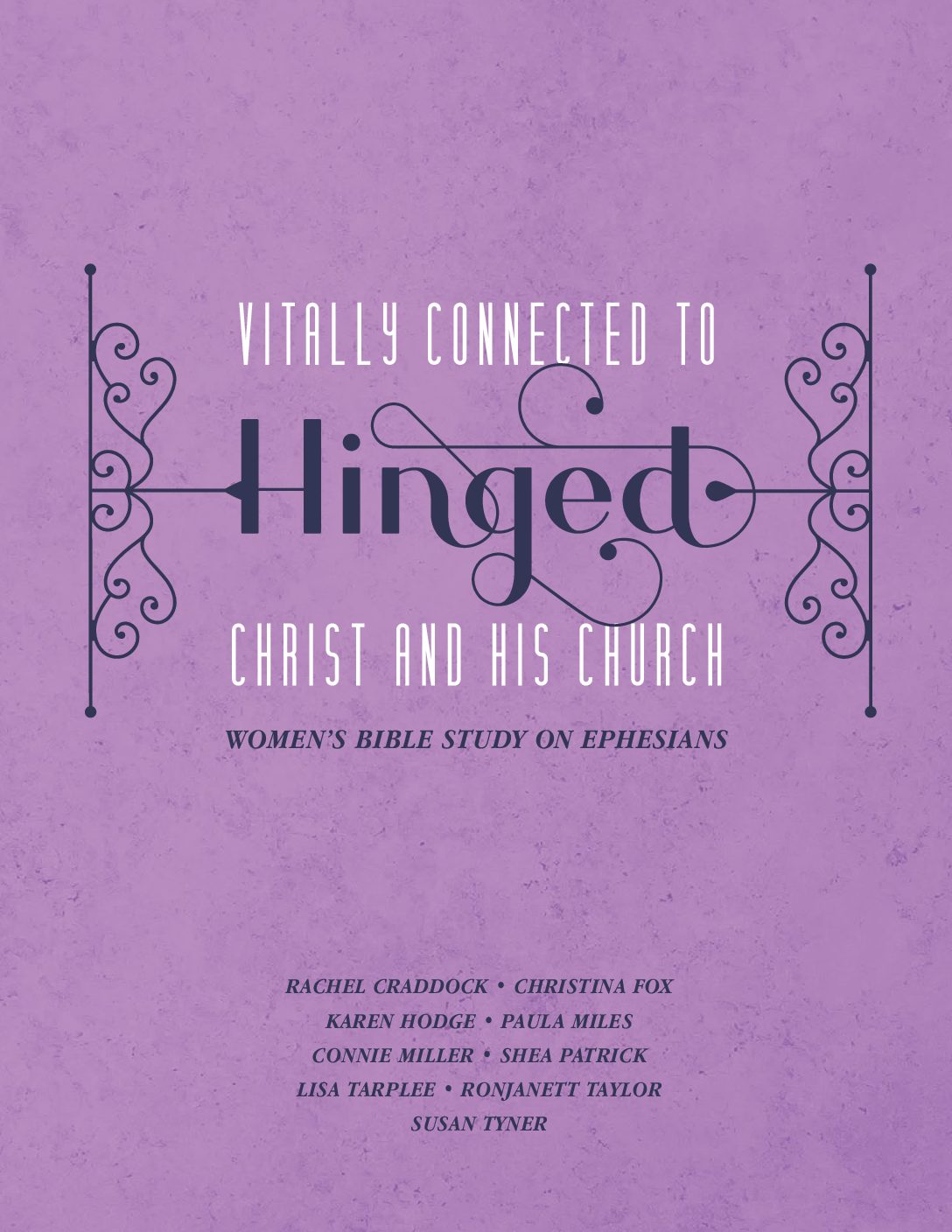Suffering: Remembering our Living Hope and our Eternal Inheritance
Our first child was a girl, so my husband and I were ecstatic to find out our second child would be a boy. After a long labor, but a fairly smooth delivery, we believed our newborn son to be perfect in every way. But only two weeks later he became a newborn who aspirated, was labeled failure to thrive, and had to have a feeding tube placed at a month old. No one knew what was wrong with him. As the doctors speculated about his rare condition over and over again, my heart sunk deeper and deeper into despair and fear. I was so overwhelmed by fear and uncertainty, many days I could only pray, “God help me. Help us. Please save my son.” Nearer to Christ No one wants to face their greatest fear. Deep down we wonder how we would survive if indeed our greatest fear becomes reality. As Christians, we even wonder how we will endure, even though we know God is with us. Fear paralyzes us and often makes us forget God’s promise to be with us. Our faith can also be shaken by the raw emotion that comes with trials and when our hope is misplaced. Two years later, my son is doing much better and continuing to conquer many developmental hurdles. We still don’t have an official diagnosis, and we may never have one. I live in a continual cycle of fear and trust, fear and trust. Through this journey of appointments, tests, scans, therapy, and blood work, I see Jesus and the gospel with greater clarity. The Bible stories I heard and read many times growing up in my childhood church are no longer just good stories from a distant God. They draw me nearer to my LIVING HOPE, Jesus Christ, and my future with him.










